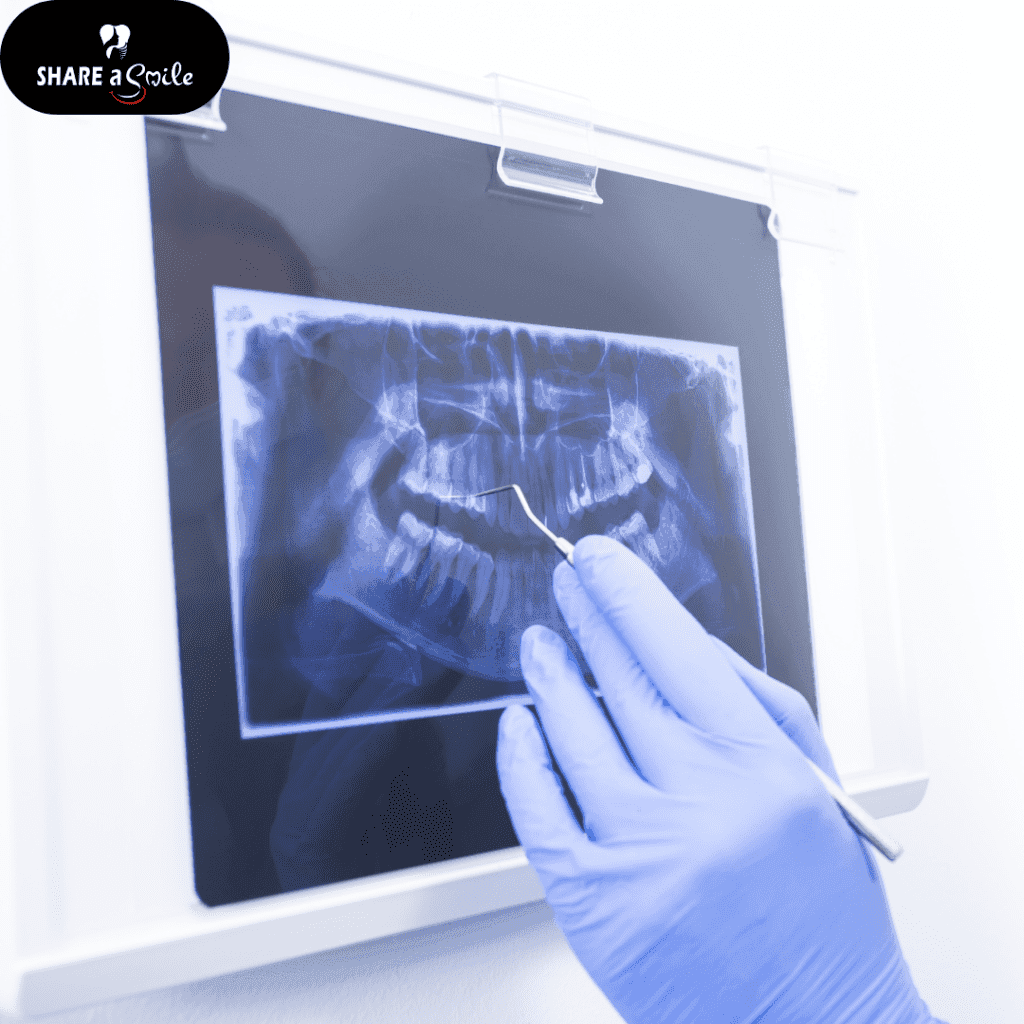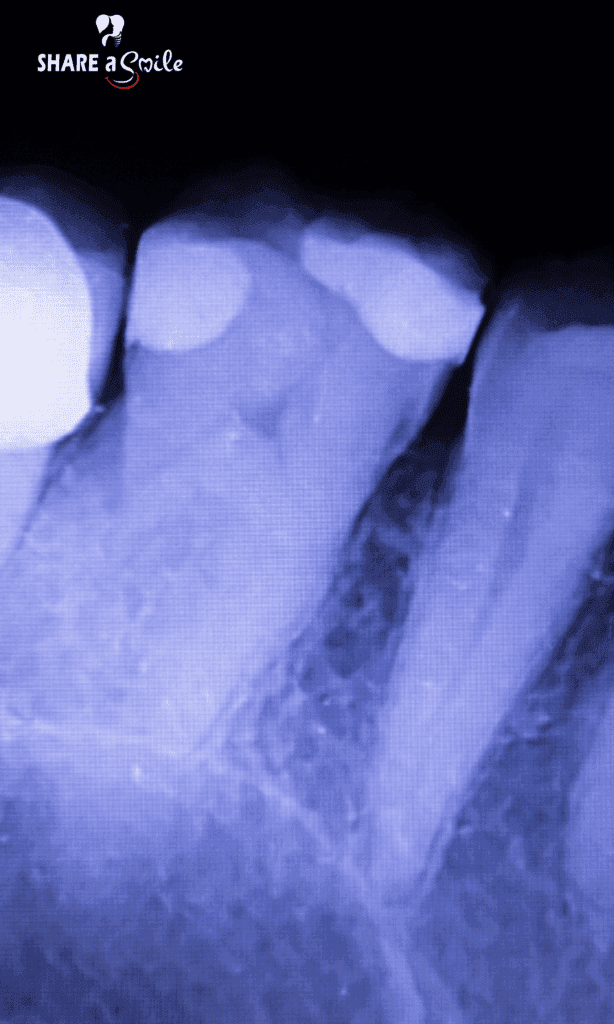When it comes to maintaining good oral health, regular dental check-ups and cleanings are essential. However, another crucial aspect often goes unnoticed: dental x-rays. These powerful diagnostic tools provide dentists with invaluable information about the hidden structures of our mouths. Dental X-rays play a vital role in ensuring the overall health of our smiles by identifying tooth decay, gum disease and other potential issues. In this blog post, we will delve deeper into why dental X-rays are beneficial and crucial for oral health.
The Importance of Dental X-Rays

Detecting Tooth Decay and Cavities
Dental X-rays are not just about what can be seen on the surface of the teeth. They can reveal decay beneath the tooth’s surface, crucial for identifying problems before they become severe or painful. Regular dental X-rays are essential for maintaining good oral health by helping dentists prevent further damage and potential tooth loss. So, investing in regular dental X-rays is worth it if you want to stay on top of your oral health and avoid surprises.
Identifying Bone Loss and Gum Disease
Dental X-rays have proven to be extremely helpful in detecting bone loss caused by gum disease, allowing for timely intervention to prevent further damage. By evaluating the amount of bone supporting the teeth, X-rays aid in assessing the extent of gum disease. Furthermore, X-ray images enable dentists to identify crucial signs of periodontal disease, such as bone destruction around the teeth. This is why regular dental X-rays are vital in monitoring gum health and effectively managing gum disease.
Frequency of Dental X-Rays
Initial Exam and Diagnosis:
During the initial exam, X-rays and OPG provide a comprehensive view of the entire mouth, allowing dentists to assess the overall health of the teeth, gums, and jawbone. They assist in diagnosing issues like infections, cysts, or tumors in the oral cavity that may not be visible during a regular dental examination.
Routine Check-ups:
Regular dental X-rays are beneficial for identifying existing oral health issues and play a crucial role in monitoring changes over time. By capturing detailed images of your teeth and gums, X-rays enable dentists to detect any new developments, such as tooth decay or gum disease, at an early stage. This proactive approach allows for prompt treatment and prevents further damage
Specific Dental Issues:
In addition to detecting tooth decay and gum disease, X-rays are also essential for specific dental issues

- Regarding wisdom teeth extraction, X-rays provide valuable information about their position, root shape and condition within the jawbone. This aids dentists in determining the optimal approach for removal, ensuring a smooth and successful extraction process.
- In cases of severe tooth pain or trauma, X-rays are crucial in determining the extent of damage. By capturing detailed images of the affected area, X-rays guide dentists in choosing the most appropriate treatment options to address the issue effectively.
- For orthodontic procedures, X-rays are vital in assessing jaw alignment and growth and identifying potential challenges beforehand. It allows dentists to develop a comprehensive treatment plan, resulting in straighter and healthier smiles.
- For patients with missing teeth, X-rays are essential for initial evaluation of bone density and determining the suitability for dental implants. Dentists can ensure successful implant placement and long-lasting results by assessing the jawbone’s condition. You may need to undergo a CBCT scan for detailed evaluation.
- Overall, dental X-rays provide valuable insights and aid in delivering personalized and effective dental care for various oral health concerns.

Is there any health risk associated with dental X-rays?
Dental X-rays expose individuals to a small amount of ionizing radiation, but the levels used in dental imaging are generally very low and considered safe. The risk of health issues is minimal, and the benefits of early detection and treatment of dental problems often outweigh the potential risks. However, pregnant women are typically advised to avoid unnecessary X-rays, including dental X-rays, to minimize fatal exposure.
Conclusion
In conclusion, dental X-rays are crucial for maintaining optimal oral health. They provide dentists with detailed insights into the condition of the teeth, gums, and jawbone, allowing for early detection and treatment of various oral health problems. By detecting tooth decay and cavities, identifying bone loss and gum disease, and detecting hidden abnormalities or growths, dental X-rays help dentists create precise treatment plans and deliver personalized care. Additionally, dental X-rays aid in improved treatment planning by determining the extent of damage and anticipating potential complications. Additionally, they play a vital role in preventing serious dental issues by identifying impacted teeth, tumors, cysts, and early signs of bone loss or periodontal disease. Overall, dental X-rays are essential in providing targeted and effective dental care, leading to healthier and happier smiles.
Our Service Locations
Share A Smile Dental Clinic is located in Pandalam, Pathanamthitta, Kerala. You can trust our experienced dentists.
